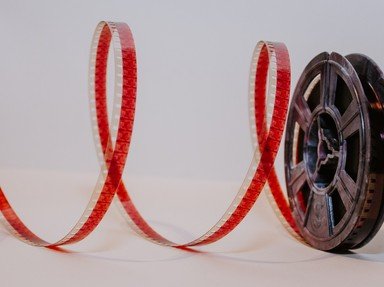Quiz Answer Key and Fun Facts
1. Which geological era, which we are living in, does Attenborough call "our garden of Eden"?
2. What was the "buried treasure" which David Attenborough spent all his spare time looking for as a boy?
3. In 1960, David Attenborough first encountered the Serengeti horde of 1.75 million. What does the name of their habitat, "Serengeti", mean?
4. Our climate didn't begin to deviate from its usual fluctuations until the 1990s. Why was that?
5. According to Attenborough, over 1/3 of mammals are humans; what category of mammals, at 60%, makes up the largest proportion on Earth?
6. Attenborough claims that science predicts that by the 2030s, the Arctic will be completely free of ice in summers. Which of the following will occur as a consequence of this?
7. Frozen soils in the planet's north have locked up which powerful greenhouse gas, that the melting of the soils would release into the atmosphere?
8. Scientists predict the Earth will be 4 degrees Celsius hotter by the 2100s, according to David Attenborough. Which of the following constitutes what one outcome of this will be?
9. To reduce climate change, Attenborough recommends we begin to obtain our electricity from solar, wind, water and which other source?
10. We can rewild the oceans by increasing fish populations (including for consumption) by which of the following means?
Source: Author
nekayah
This quiz was reviewed by FunTrivia editor
jmorrow before going online.
Any errors found in FunTrivia content are routinely corrected through our feedback system.
